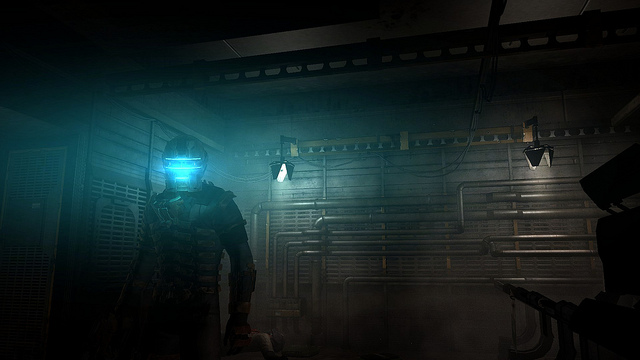Yet in terms of other forms of gaming, the Sonic franchise has done little to find its way into the psyche of other audience demographics. Other franchises like Jurassic Park have sought to tap into the iGaming industry by developing one-off video slot games for online casino players to enjoy and attempt to play for real money prizes. Given the mammoth growth of the iGaming sector worldwide - an industry that is forecast to be worth almost $60 billion by 2020 according to Statista - it could be a good strategic move to maintain Sonic's place within 21st century popular culture through such means. It has certainly worked for Jurassic Park given that its video slot is now one of the most popular to play at Spinit Casino online and various other operators.
The success of the 1993 Sonic Spinball would suggest that a genuine arcade-style Sonic Pinball could be an absolute winner in pubs and hipster bars across the globe. It's also worth looking at tapping into the next generation of Sonic fans. Super Mario Bros - Sonic's biggest rival of the 1990s and beyond - recently dabbled in the card game sector with its release of Super Mario Bros Powerup. Although the card game was reviewed as somewhat simplistic and lacking in gameplay, it should certainly be a family favourite among youngsters over the Christmas season. A Sonic The Hedgehog card game could also help develop the personalities of each character within the franchise for young video gamers.
Given that Sonic is still available to play on the latest eighth-generation games consoles, isn't it high time that Sonic became part of the eSports industry? One of the longest-standing platform gaming franchises has not had a look in when it comes to professional eSports, but Sonic's inclusion could breathe new life into the brand for SEGA. Newzoo's insights report believes that the global eSports industry will be worth more than $900 million by the end of this year, representing year-on-year growth of 38%, so you can see just how popular eSports is to the next generation of video gamers.
Comments
No comments have been posted in response to this Blog post.



